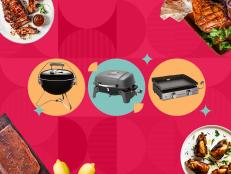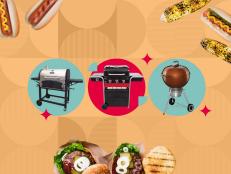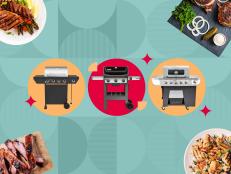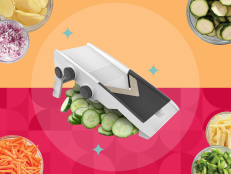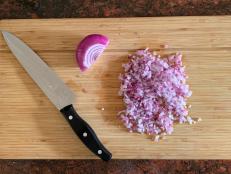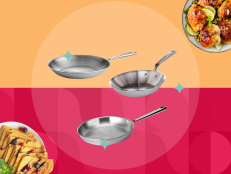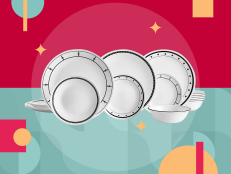It Came From The Library 8: Crave Man
Why does a chocolate chip cookie—or vanilla milkshake or cheeseburger, etc—have such power over us? Why are they so hard to resist? David Kessler, a Harvard-trained doctor, lawyer, medical school dean, former FDA commissioner and scourge of the tobacco industry, spent years pursuing an answer. The results of his search, ‘ The End of Overeating: Taking Control of the Insatiable American Appetite,’ hit bookstores last week.
Kessler’s key insight, as he sums it up: "Much of the scientific research around overeating has been physiology -- what's going on in our body. The real question is what's going on in our brain."
His theory in its most simplified form is that salt, sugar, and fat work synergistically in foods to stimulate the brain to crave more salt, sugar, and fat. Instead of satisfying hunger, they alter the brain’s chemistry in a way that stimulates hunger. There’s a growing body of research that backs this up.
None of this is really news to the food industry, which Kessler found has long manipulated this neurological response, designing foods to induce people to eat more than they should -- or even want. This is the dark side of Kessler’s story, and the one with far-ranging implications for policymakers.
Kessler does not shy away from a challenge. The man’s a formidable muckraker/public health advocate, and one can be sure ‘The End of Overeating’ has caught the food industry’s attention by laying the groundwork for major regulatory action/legislation.
But if overeating is to end, it will require much more than a little re-zoning and nutrition labeling here and there. Kessler envisions nothing short of a wholesale rewiring of the brain’s relation to food. As he puts it: “What's needed is a perceptual shift...We did this with cigarettes...It used to be sexy and glamorous but now people look at it and say, 'That's not my friend, that's not something I want.' We need to make a cognitive shift as a country and change the way we look at food.”
This, of course, begs the question: what tools from the tobacco wars are actually transferable to the food industry battle? And just how was this perceptual/cognitive shift achieved with cigarettes? When you start comparing, the former looks like a cakewalk: with tobacco it was so easy (relatively) to finger a culprit, identify conspiracy, connect cause to devastating effect. Not so for fat/sugar/salt. The former is after all a drug (even before a consensus emerged, it was widely understood to be, at the very least, not not a drug); the latter is food, sustenance, albeit a very poor form of it. Cheap too: you've got a whole class thing going on that was probably there in the tobacco wars, but certainly not as explicitly-stated.




































